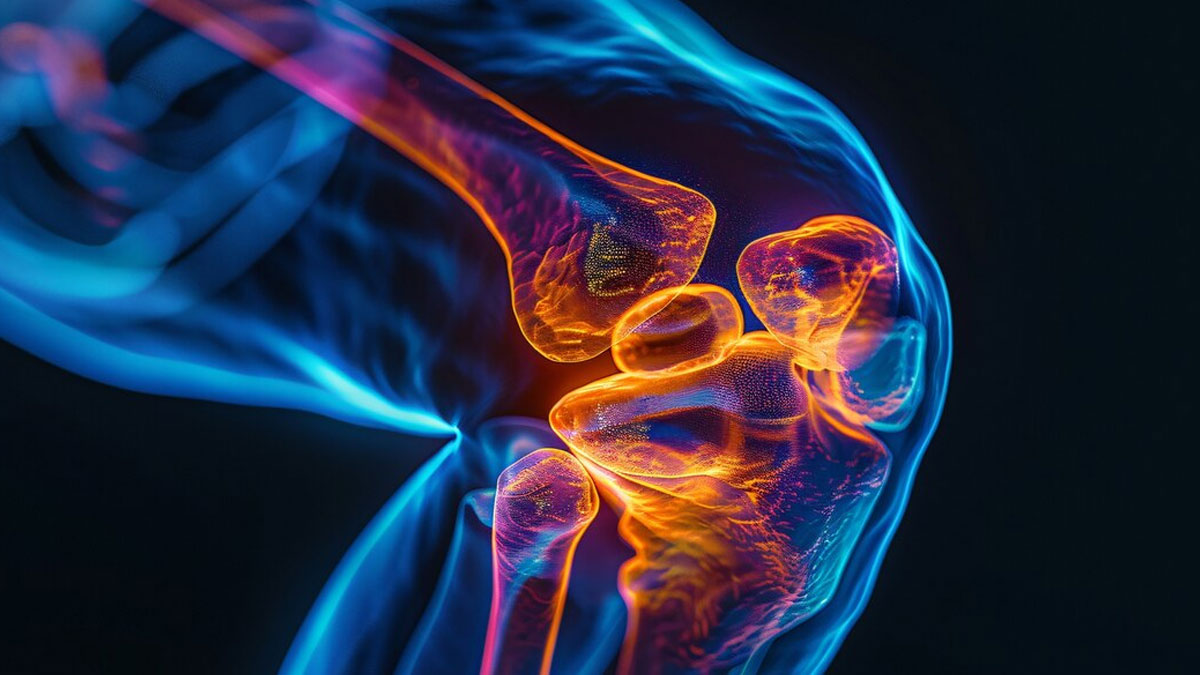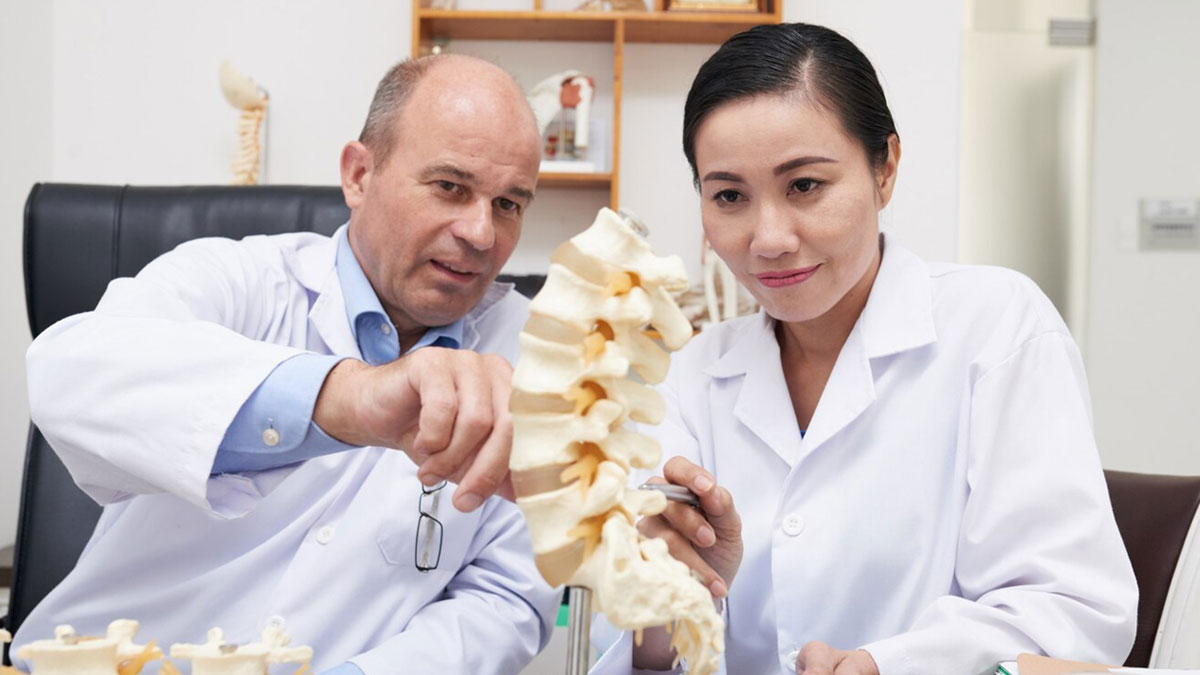Bones are the foundation of the human body, supporting movement, protecting organs, and housing essential minerals. But when a fracture occurs, the road to recovery can be long and challenging. From pain management to proper nutrition, many factors influence bone healing. In recent years, cannabidiol (CBD) has emerged as a natural compound with potential benefits for various health concerns. Could CBD also play a role in enhancing fracture healing and overall bone health? Let’s explore the science, potential benefits, and considerations surrounding CBD and its relationship with bone regeneration.
Understanding How Bones Heal
Bone fractures are common injuries that can result from trauma, accidents, or medical conditions such as osteoporosis. Fortunately, bones have an impressive ability to repair themselves through a natural healing process. This occurs in three key stages:
- Inflammation Stage: Right after a fracture, the body initiates an inflammatory response. Blood vessels at the site constrict, and immune cells rush in to remove damaged bone tissue. This phase lasts for a few days and is crucial for kickstarting the healing process.
- Reparative Stage: Over the next few weeks, specialized cells called osteoblasts generate new bone tissue. A soft callus forms around the fracture, gradually transforming into a hard callus as minerals like calcium and phosphorus strengthen the bone.
- Remodeling Stage: The final phase, which can last several months, involves reshaping and strengthening the new bone. Osteoclasts break down excess bone material, ensuring that the healed bone regains its normal structure and function.
While this process is natural, many factors can influence the speed and efficiency of bone healing, including age, nutrition, overall health, and even lifestyle choices. This is where CBD is generating interest as a potential aid.
What is CBD and How Does It Work?
CBD, or cannabidiol, is a naturally occurring compound found in cannabis plants. Unlike THC (tetrahydrocannabinol), CBD is non-psychoactive, meaning it won’t cause a “high.” Instead, it interacts with the body’s endocannabinoid system (ECS)—a network of receptors that regulate pain, inflammation, immune response, and even bone metabolism.
The ECS plays a vital role in maintaining balance in the body, and research suggests that cannabinoids like CBD can influence its function. By interacting with CB1 and CB2 receptors, CBD may impact bone density, inflammation levels, and cellular repair mechanisms. This has led scientists to explore its potential in aiding fracture healing and preventing bone-related diseases.
The Science Behind CBD and Bone Health
Preliminary research on CBD’s effect on bones is promising. Several studies suggest that CBD may enhance bone regeneration and strength:
- Bone Growth Stimulation: A 2015 study published in the Journal of Bone and Mineral Research found that CBD enhanced the healing of fractured bones in rats. Researchers observed that bones treated with CBD healed faster and were stronger than untreated ones, suggesting that CBD plays a role in bone mineralization.
- Osteoblast Activation: Osteoblasts are cells responsible for forming new bone. Some studies indicate that CBD may stimulate osteoblast activity, potentially leading to faster recovery from fractures.
- Anti-Inflammatory Benefits: Excessive inflammation can delay bone healing. CBD’s well-documented anti-inflammatory properties may help reduce swelling and pain, creating an optimal environment for repair.
- Protection Against Osteoporosis: Osteoporosis weakens bones, making them more susceptible to fractures. Some research suggests that CBD could help regulate bone density by inhibiting the breakdown of bone tissue.
While these findings are encouraging, most studies have been conducted on animals. More human trials are needed to confirm the direct impact of CBD on bone healing in clinical settings.
Potential Benefits of Using CBD for Fracture Recovery
CBD’s interaction with the body suggests it may offer several benefits for individuals recovering from fractures:
- Pain Management: Fractures can be extremely painful, and traditional painkillers like opioids come with risks of addiction and side effects. CBD has been shown to reduce pain perception by influencing pain receptors and reducing inflammation, making it a potential natural alternative.
- Reduced Inflammation: Chronic inflammation can slow down bone healing. CBD’s ability to modulate immune responses may contribute to a faster, more efficient healing process.
- Improved Sleep and Stress Relief: Recovery requires rest, but pain and stress can interfere with sleep. CBD’s calming effects may promote relaxation and improve sleep quality, both of which are essential for bone regeneration.
- Enhanced Bone Strength: By potentially stimulating bone-forming cells, CBD might not only speed up fracture healing but also contribute to long-term bone density, reducing the risk of future fractures.
Considerations Before Using CBD for Bone Health
Although CBD shows promise, there are important factors to consider before using it as a supplement for fracture healing:
- Lack of Large-Scale Human Studies: While early research is promising, there’s still a need for more clinical trials to determine the precise effects of CBD on bone healing in humans.
- Dosage Variability: The optimal dosage for bone health is not yet established. Different forms of CBD (oils, capsules, gummies, and topicals) may have varying levels of effectiveness.
- Product Quality Matters: Not all CBD products are created equal. It’s essential to choose high-quality, third-party-tested CBD to ensure purity and effectiveness.
- Possible Drug Interactions: CBD can interact with certain medications, including blood thinners and anti-inflammatory drugs. Consulting a healthcare professional before using CBD for bone healing is always recommended.
How to Use CBD for Bone Health
If you’re considering using CBD as part of your recovery plan, here are some ways to incorporate it safely:
- CBD Oil or Tinctures: CBD oil tinctures provide a fast-acting option when taken sublingually (under the tongue). They may help with pain relief and inflammation control.
- CBD Capsules or Edibles: These offer a convenient, longer-lasting way to experience CBD’s effects but may take longer to work.
- Topical CBD Creams: CBD topicals can be applied directly to the affected area, these may help reduce localized pain and swelling.
- CBD-Rich Foods or Drinks: Some people prefer to add CBD to their daily routine through infused foods or beverages.
Since there’s no universal dosage for bone healing, starting with a low dose and gradually increasing it based on personal response is advisable.
What the Future Holds for CBD and Bone Health
As research into CBD’s effects on bone regeneration continues, there is hope that it may become a recognized tool for improving fracture recovery and preventing bone-related conditions. Scientists are actively exploring how cannabinoids can influence bone density, mineralization, and cellular repair in humans. With further studies, we may see CBD integrated into mainstream medical treatments for osteoporosis, fractures, and other skeletal disorders.
Final Thoughts
While CBD is not a miracle cure for fractures, its potential benefits in pain management, inflammation reduction, and bone regeneration make it an intriguing natural option. If you’re recovering from a fracture or looking to improve your bone health, CBD may be worth considering—especially when combined with proper nutrition, exercise, and medical guidance. However, it’s essential to consult with a healthcare professional before adding CBD to your regimen to ensure it aligns with your specific needs.
As science continues to unravel the potential of CBD, the possibility of a future where it plays a key role in bone health and healing remains an exciting prospect.
Shop online for Canada’s best organic CBD oil today.


